Clement XI (1700-1721) 245th Pope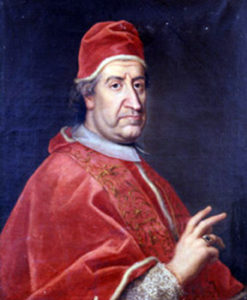
He was renowned for his piety and wit
He reformed prison administration, pioneered public works, and distributed vast amounts of charity
He declared the feast of the Conception of the Virgin as a holy day of obligation
He condemned Jansenism
He was a man of great culture and patron of the arts
Innocent XIII (1721-1724) 246th Pope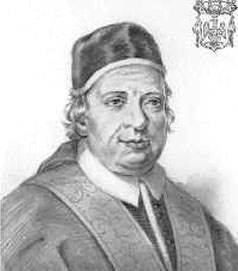
He renewed the condemnation of Jansenism
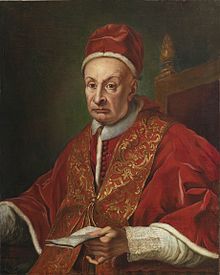
Benedict XIII (1724-1730) 247th Pope
He joined the Dominican order
He sought to abolish the worldly pomp and luxury among cardinals
He renewed the ban on Jansenism
Clement XII (1730-1740) 248th Pope
He was slowly going blind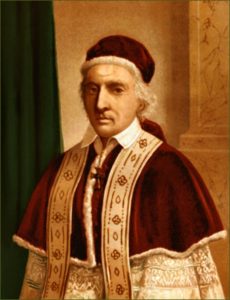
He work to clear up financial problems of his predecessor
He filled up the treasury
He initiated public works of every sort
He became totally blind in his second year in office
He help assisted the Passionists
He condemned the Freemasons, because of their materialist nature of their creed, and secrecy
He canonized several saints
Benedict XIV (1740-1758) 249th Pope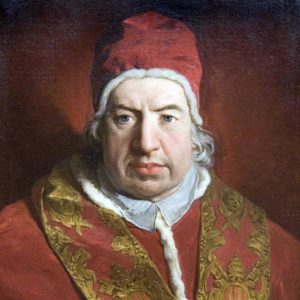
He was elected because of his honesty and his reputation
He was a truly Renaissance in the best sense of the term
He had a deep personal piety
He did not fear the so-called Enlightenment
He was a prolific writer
He was interested in every facet of Church and civil life
He revised the calendar and the martyrology
He originated the current encyclical
He was one of the most cultured popes
Clement XIII (1758-1769) 250th Pope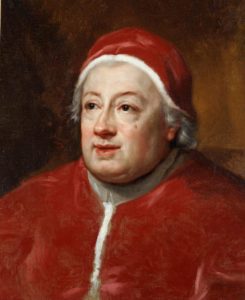
He was noted for his personal holiness and public charity
Regalism and Enlightenment were two strains that united in Catholic Europe
Regalism saw a force in the church that must be subordinated to the secular power for the good of the state
Enlightenment measured all things by human reason, all else was dismissed as superstition
The practical effect of this union was to create a ruling class that looked with envy to the complete power Protestant princes exercised over their pet clergy. They sought to purge the Church of anything that seemed repellent to the spirit of the age
Devotions, pilgrimages, orders, Latin in the liturgy should be eliminated
They further frown on evangelizing non Catholics because they believed in universal salvation
Some thought they were saving the Church by keeping the Church relevant to the times
The Jesuits had spread all over the world, making inroads in Protestantism. They were eventually expelled
He was faithful to conservative ideas, not being very popular in many Catholic countries
Clement XIV (1769-1774) 251st Pope
He tolerated the suppression of the Jesuits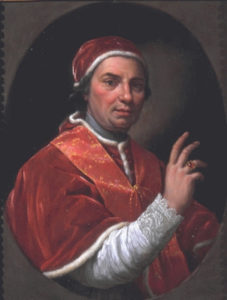
The expelling of the Jesuits created a shortage of clergy in the Latin America. This suppression contributed to the revolutionary storm that would soon break out in Europe. This would also lead to the independence movement in Latin America
Pius VI (1775-1799) 252nd Pope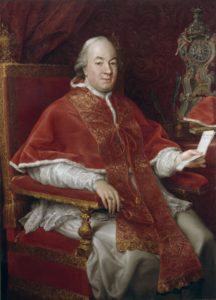
The emperor sought to regulate the life of the Church. Seminary training was henceforth to be regulated by the state. It was the express goal priest good subjects to the state
After the U.S. won its independence, the Catholic organization need reorginazation. American authorities would look with disfavor an appointment made my and English official.
He sought the advice from Benjamin Franklin and John Carroll as the first bishop of Baltimore
The French Revolution also occurred at this time
The French Catholic Church was separated from Rome
Napolean conquered Rome and captured him
